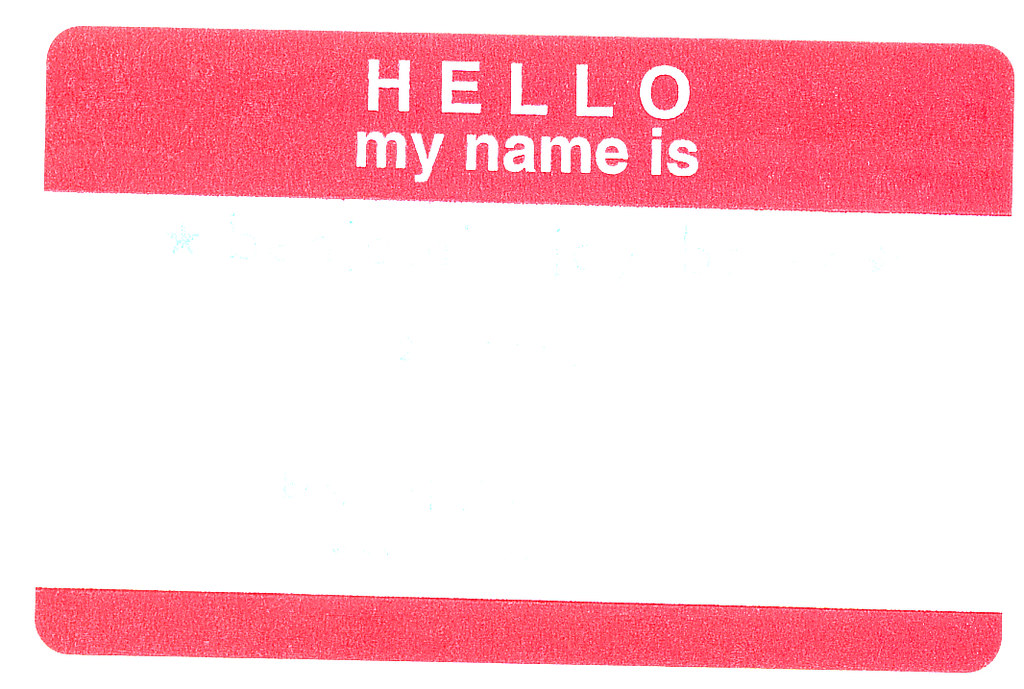For a minimum of eight years, we commit our blood, sweat, tears, and lives to our medical training. Eight years of dedication, discipline, and often, delayed gratification. For eight years, we run the endurance race for the title of a medical doctor. This title has garnered a space of prestige and respect amongst other professions as well as within society — ultimately showing the sheer power of a title, a role, and a name. I was born in the United States and raised by a Caribbean mother and a West African father. Our Cruzan-Nigerian heritage made our home a melting pot of pan-Africanism with a deep understanding and appreciation for the value of the Black Diaspora. My name, Nkiruka, serves as a direct representation of my unique heritage. It has also demonstrated the power inherent in a name and how that power can be utilized as a tool to either divide or unite.
Growing up in a predominantly White neighborhood and attending predominantly White schools often made coming home feel like a removal of the cultural code-switching I utilized to get through the day. While my peers and teachers rendered me a variety of nicknames in an attempt to include me in class discussions and other activities, the subliminal message of feeling alien was often ostracizing. While my name represents my cultural background, it also represents my identity. Putting a name to anything gives it meaning. The consistent refusal from classmates and teachers to say mine forced me to reflect on how identity shapes us over time, impacts the quality of relationships we make, and influences the way we treat others.
As I journey through medical school, it is imperative for me to get to know patients as people before discussing their illness or chief complaint. Taking the time to learn how to pronounce a patient’s name or use the correct pronoun or prefix helps to facilitate rapport and mutual respect. Our names hold our identities as individuals and tell a brief story about who we are, where we come from, and where we are going. Additionally, a patient at ease will feel comfortable expressing their questions and concerns. You have a better opportunity to gain deeper insight into their presentation, and as a consequence will better understand how to help them. Throughout my clinical rotations, I continue to learn that facilitating a personal connection with patients, their families and other healthcare professionals on the medical team plays an integral role. Building a cohesive team dynamic can often be established by taking the time to exchange names. This will help personalize everyone’s experience in the clinic or operating room and unifies everyone as a team working toward a shared goal.
While I look back at my childhood struggle to fit my unique name into a midwestern public school system with reservation, I am thankful for the first-hand experience I had in dealing with identity. It has made me that much more compassionate as I work toward obtaining my medical degree and will make me that much more insightful as a physician. The titles we hold as healthcare workers, spouses, parents, children, siblings, friends, and humans are but brief glimpses into the full masterpieces that make us who we are. They are pieces of our personal mosaics and require respect and reverence. I will continue to draw from my personal experiences to practice personal connection in the medical setting. I hope to inspire those around me to do the same.
Image credit: Hello my name is by maybeemily is licensed under CC BY-NC-SA 2.0.

